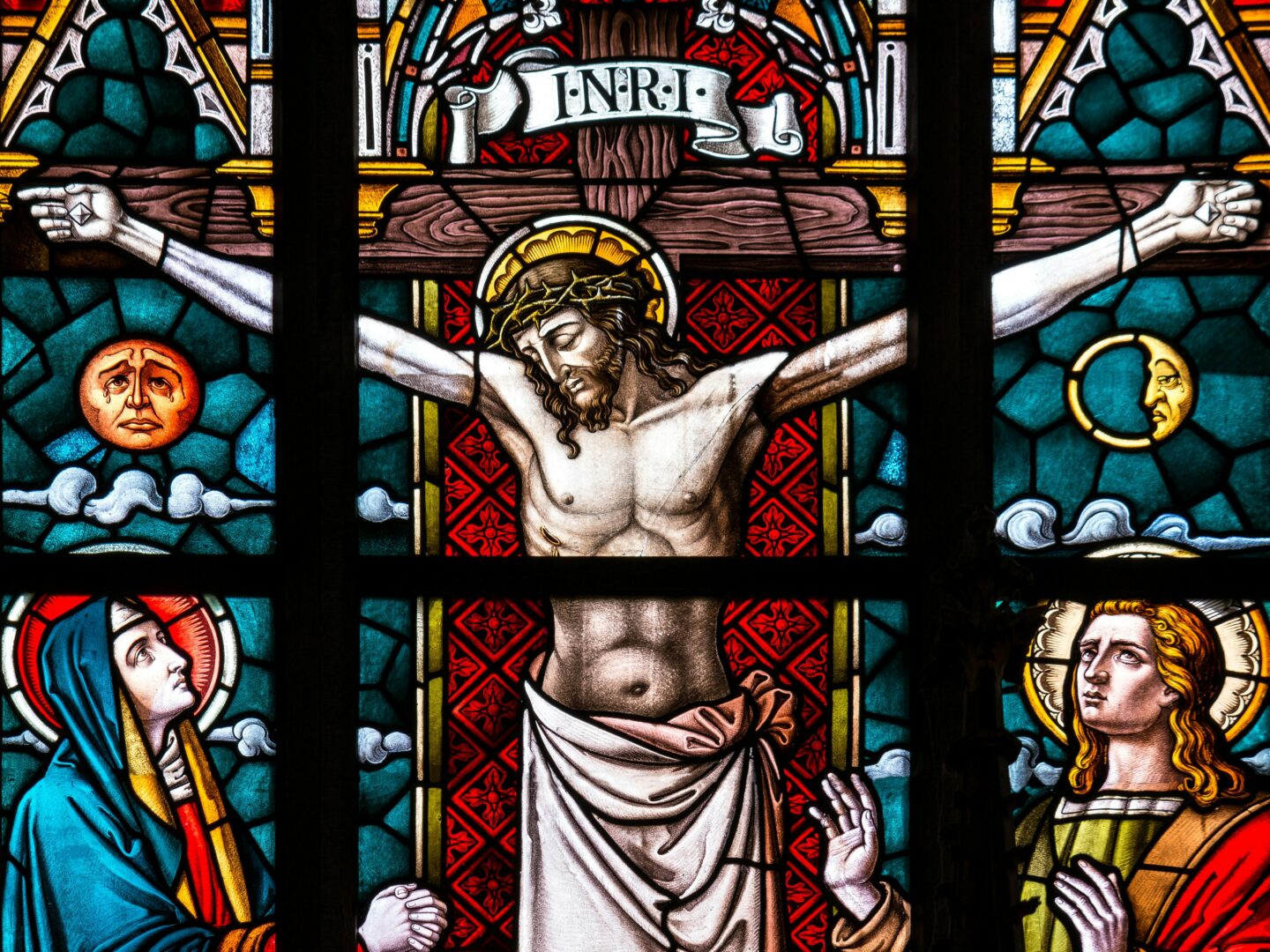Satan made an appearance on “Saturday Night Live” last week, all duded up in his red tie and cape, to talk about the sex abuse scandal at Penn State. “I may be the Prince of Darkness,” he quipped, “but I’m not a monster.”
Before the voters of Mississippi headed to the polls recently to vote on whether a fertilized embryo could be called a person, the state’s lieutenant governor warned that a win for the abortion rights side would be a victory for Satan. (Satan apparently has some pull in Mississippi, given the recent defeat of the “personhood initiative.”)
Online, far-right Christian bloggers are calling a 2012 matchup between President Obama and Mitt Romney “Satan vs. Satan.”
What the hell — forgive my inflammatory language — is going on? In the United States, in these last months of 2011, is Satan a joke? A cartoon character? A bogeyman conjured by religious zealots?
These are not silly questions. Almost everybody believes in God (90 percent) and angels (75 percent) — as they have, consistently, forever. But mid-century mainstream Protestantism had taken the fangs out of Satan — until recently. According to a 2007 Gallup poll, belief in the devil is on the rise: 70 percent of Americans now believe, up from 55 percent in 1990. Figuring out what they mean is of the utmost importance.
For some Christians, those who believe the Bible contains real predictions of the end of the world, evidence of the devil’s presence can be found in the weather. Recent natural disasters — earthquakes, hurricanes, tsunamis — are signs, they say, of a coming apocalypse, the final conflict between God and the devil.
The Book of Revelation depicts a mighty battle, and in that conflagration, there are fires, floods, drought, pestilence and war — until good triumphs and “the devil who had deceived them was thrown into the lake of fire and sulfur,” where he will be “tormented day and night forever and ever.”
After the earthquake in Haiti last year, the Rev. Pat Robertson said the destruction was the Haitian people’s punishment for making a pact with the devil. He was alluding to their practice of voodoo, and of all the heartless things he has said, this was perhaps the most heartless. More than 300,000 people died as a result of that disaster. Certainly they did not deserve such punishment.
Earlier this month, a Catholic thinker and writer named Daniel Avila was forced to retract an opinion column in a Catholic newspaper and resign his position with the United States Conference of Catholic Bishops after he wrote that homosexuality was created in the womb by the devil, not by God. “Scientific evidence,” he wrote “of how same-sex attraction most likely may be created provides a credible basis for a spiritual explanation that indicts the devil.”
Theologians pounced, arguing that according to Church teachings, all people are created by God. “To say that a person’s sexuality is created by Satan is a fundamental misunderstanding of God’s creative activity,” said James Martin, a Jesuit priest and the author of “The Jesuit Guide to (Almost) Everything.” “People can be tempted to do certain things against their conscience by the evil spirit, but the evil spirit doesn’t create their conscience.”
That no editor thought to query this statement, however, indicates how common Avila’s belief must be. In her book “The Origin of Satan,” Elaine Pagels shows how from the very beginning, Christians have used the devil to demonize people who were unlike them — “first Jews,” she writes, “then pagans, and later dissident Christians called heretics.” To extrapolate from Pagels, gays can be seen as modernity’s Jews and heretics. “Satan,” Pagels writes, “defines negatively what we think of as human.”
Martin thinks that most people’s beliefs fall somewhere between the jokey irreverence of “SNL” and the cartoonish credulity of Robertson. His do. And that’s why he prefers to call the devil the evil spirit or the enemy of human nature. Or, as the Book of Job has it, “The Adversary.” These are unloaded, descriptive terms that encompass both temptation and great struggle.
For Martin, the evil spirit is that disembodied but powerful force that tempts you to do things against your conscience. To be motivated by greed. To tell untruths. To act like a tyrant. “It’s an identifiable force. I do believe in it,” he says, “and I feel it’s real.” Perhaps the devil is that thing that tempts you to attribute evil motivations to others simply because they are not just like you.
